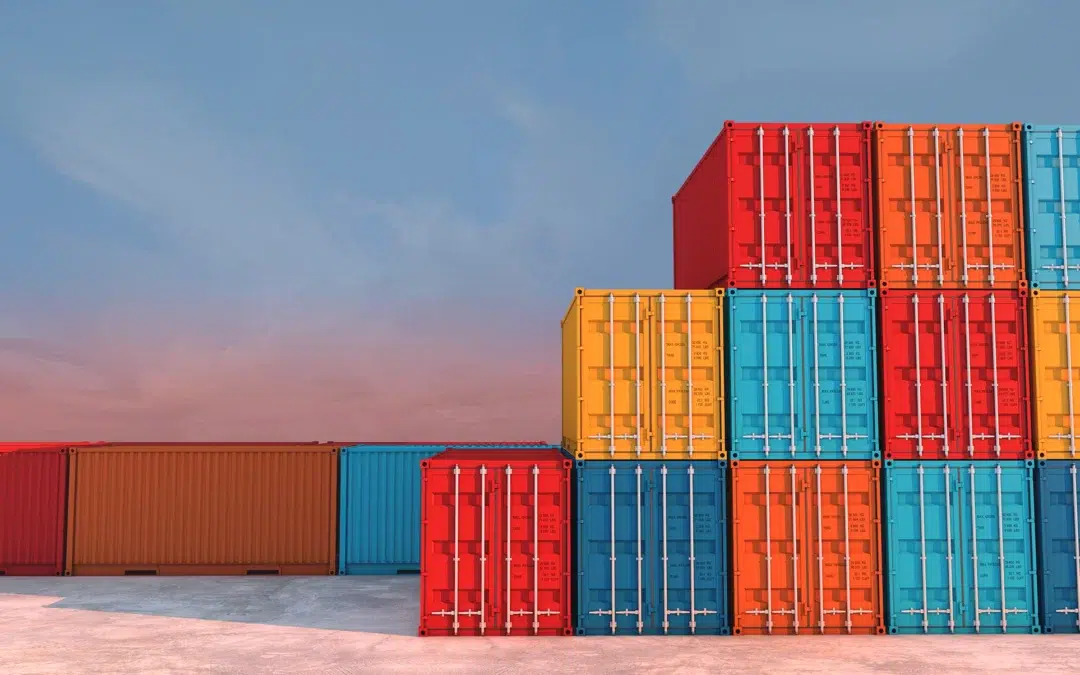Understanding and using Incoterms correctly is crucial to ensuring smooth transactions and avoiding misunderstandings. At Transit Petrelluzzi, we are here to guide you through these international trade terms. This article offers you a detailed overview of Incoterms, their importance, and how they can simplify your logistics operations.
What are Incoterms ?
Incoterms, or International Commercial Terms, are a set of terms established by the International Chamber of Commerce (ICC) to standardize and simplify international transactions. First introduced in 1936, Incoterms clearly define the responsibilities, risks, and costs associated with the delivery of goods between the buyer and the seller.
Why are Incoterms important ?
The correct use of Incoterms has several advantages:
- Clarity and Precision: Incoterms clarify the obligations of each party, thus reducing the risk of disputes.
- Saving Time and Money: A good understanding of Incoterms helps to streamline logistics processes, avoiding unnecessary costs and delays.
- Risk Management: They allow to clearly define when and where the risks related to the transport of goods are transferred from the seller to the buyer.
The Main Incoterms to Know
There are eleven Incoterms currently in use, divided into two categories: Incoterms for all modes of transport and those specific to maritime transport.
Incoterms for All Modes of Transport
- EXW (Ex Works): The seller makes the goods available at its premises. The buyer bears all costs and risks from this point.
- FCA (Free Carrier): The seller delivers the goods to a carrier designated by the buyer.
- CPT (Carriage Paid To): The seller pays for the transport to the named place of destination. The risk passes to the buyer as soon as the goods are handed over to the carrier.
- CIP (Carriage and Insurance Paid To): Similar to CPT, but the seller must also take out insurance to cover the transport risks.
- DAP (Delivered At Place): The seller bears the costs and risks until the goods are delivered to the named place.
- DPU (Delivered at Place Unloaded): The seller is liable until the goods are unloaded at the named place.
- DDP (Delivered Duty Paid): The seller covers all costs, including customs duties, until delivery to the buyer.
- Incoterms Specific to Maritime Transport
- FAS (Free Alongside Ship): The seller delivers the goods alongside the ship at the port of shipment. The buyer bears the costs and risks from that moment on.
FOB (Free On Board): The seller is responsible until the goods are loaded on board the vessel. - CFR (Cost and Freight): The seller pays the costs and freight to the port of destination, but the risk is transferred to the buyer once the goods are loaded on the vessel.
- CIF (Cost, Insurance and Freight): Similar to CFR, but the seller must also take out insurance to cover risks during transport.
Conclusion
Mastering Incoterms is essential for any company involved in international trade. They provide much-needed clarity in commercial transactions, allow for efficient management of costs and risks, and facilitate smooth logistics. At [Company Name], we are committed to supporting you in using Incoterms to optimize your transport operations in Guadeloupe and beyond.
For more information or assistance on Incoterms, do not hesitate to contact us. We are here to help you navigate the complex world of international trade with confidence and peace of mind.
About Transit Petrelluzzi :
Transit Petrelluzzi is a freight forwarder based in Guadeloupe, specializing in the management and optimization of supply chains for local and international companies. With our expertise and in-depth knowledge of customs regulations and Incoterms, we are committed to providing a quality service, personalized to meet the unique needs of each client.

